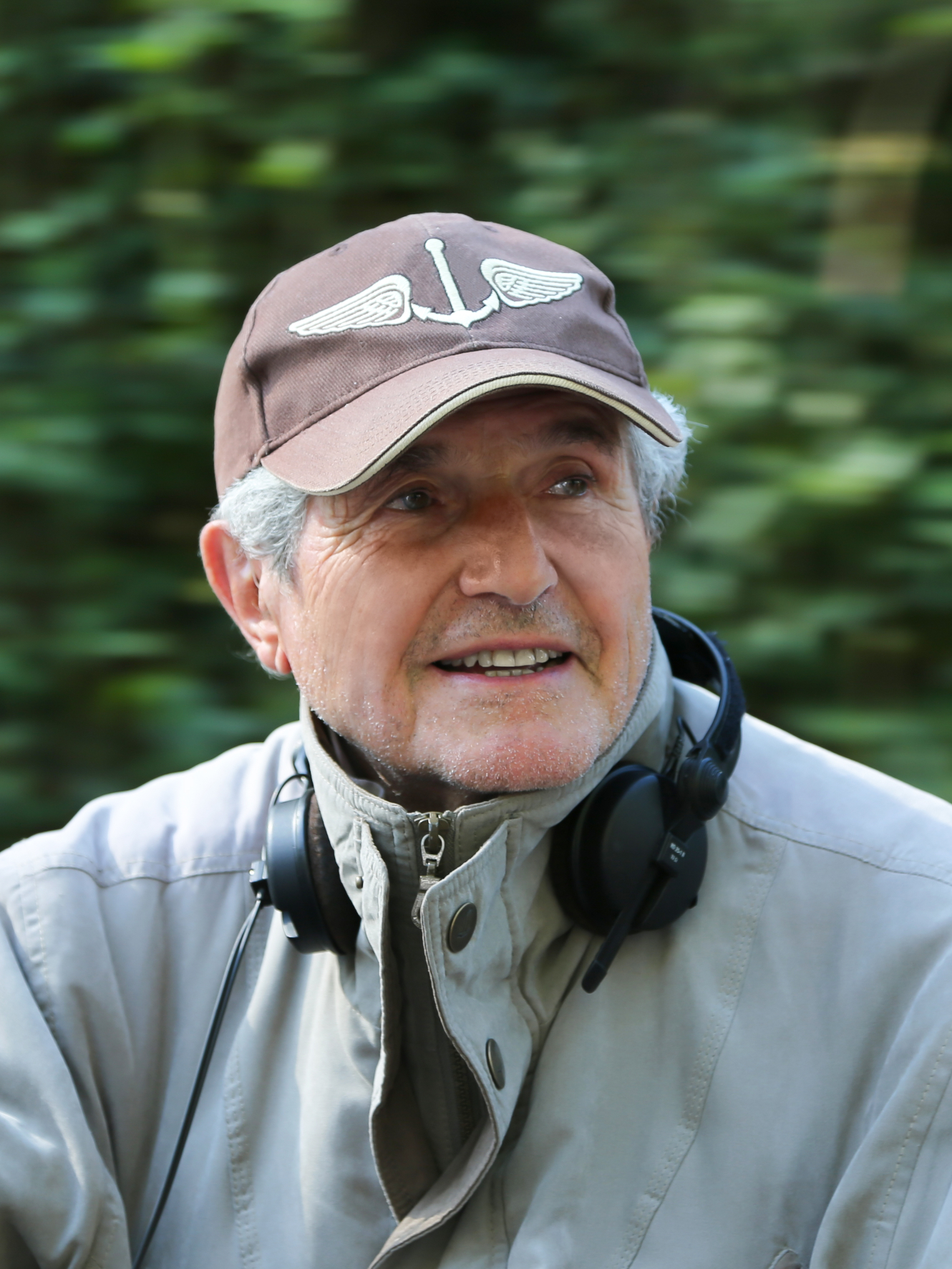© 2021 Les Films 13
Claude Lelouch (2021)
Chronicler of Romance
Jean-Louis waits for Anne at the Paris central station. Françoise longs for Henri at the Nice airport. Claude Lelouch's lovers wait for each other with uncertainty, at once hopeful and fearful. Will their beloved step off the plane? Will they fall into each other's arms?
Lelouch's oeuvre, which by now comprises 50 features, is at its heart about the basic forms of human togetherness. By shooting on location, employing documentary and archive material, combining actors and non-professionals, and through the use of improvisation, he achieves this proximity to life that renders his films so authentic. At the same time, he repeatedly exposes and flouts the mechanisms and layers of cinematic fiction. His renowned ›A Man and a Woman‹, which in 1966 was met overnight with a completely unexpected global success, brings together the essence of his work on both a thematic and aesthetic level: his films are always love stories, always complicated; sometimes fateful, sometimes tragic, they’re as if taken from life. Moreover, the film is a perfect example of his versatile cinematic language. It exudes a freedom that is rarely felt in cinema. Color freely alternates with black and white, as do precise choreographies with scenes of improvisation. Sometimes there’s silence, sometimes there’s dialogue, sometimes there’s music. Sometimes they alternate, sometimes they’re together. Sometimes they’re contrapuntal, at others digressive. Like a jazz musician, Lelouch seems to know no boundaries or blind spots. While the essence remains constant, all around it he varies and improvises, plays solos and arrangements, indulges in surprises and excesses.
His career, spanning eight decades, is entirely sui generis: it began in television in the 1950s and continued with military service. It was with short, documentary formats that Lelouch tried out and learned his craft. In 1965, by which time he had already completed his first four features with Janine Magnan and Amidou in starring roles, he returned to the short documentary form and portrayed the rising star of French cinema: Jean-Paul Belmondo. Both men would have an important impact on each other’s careers. In 1969, they shot ›Love Is A Funny Thing‹ with Annie Girardot in the United States. Although they were fascinated with the country, they nevertheless continued their careers in France. Their next project together, ›Itinerary of a Spoiled Child‹ (1988), marked Belmondo's return to auteur cinema and earned him his first and only César for Best Leading Actor. Belmondo became reconciled with the press and in 1995, again directed by Lelouch, dared to play a double role in the free adaptation of the classic novel ›Les Misérables‹. The film was a triumph: it won the Golden Globe for Best Foreign Language Film and a César for Annie Girardot.
The only collaboration that was more significant for Lelouch than his work with Girardot and Belmondo was his experience with Anouk Aimée and Jean-Louis Trintignant. ›A Man and a Woman‹ became the epitome of the French love film and was followed by two sequels, the last of which was released in 2019.
With ›Love Is Better Than Life‹, Claude Lelouch is presenting the German premiere of his fiftieth film at the IFFMH. The love story – what else? – starring Sandrine Bonnaire and Gérard Darmon is also the official closing film of our 70th edition.

